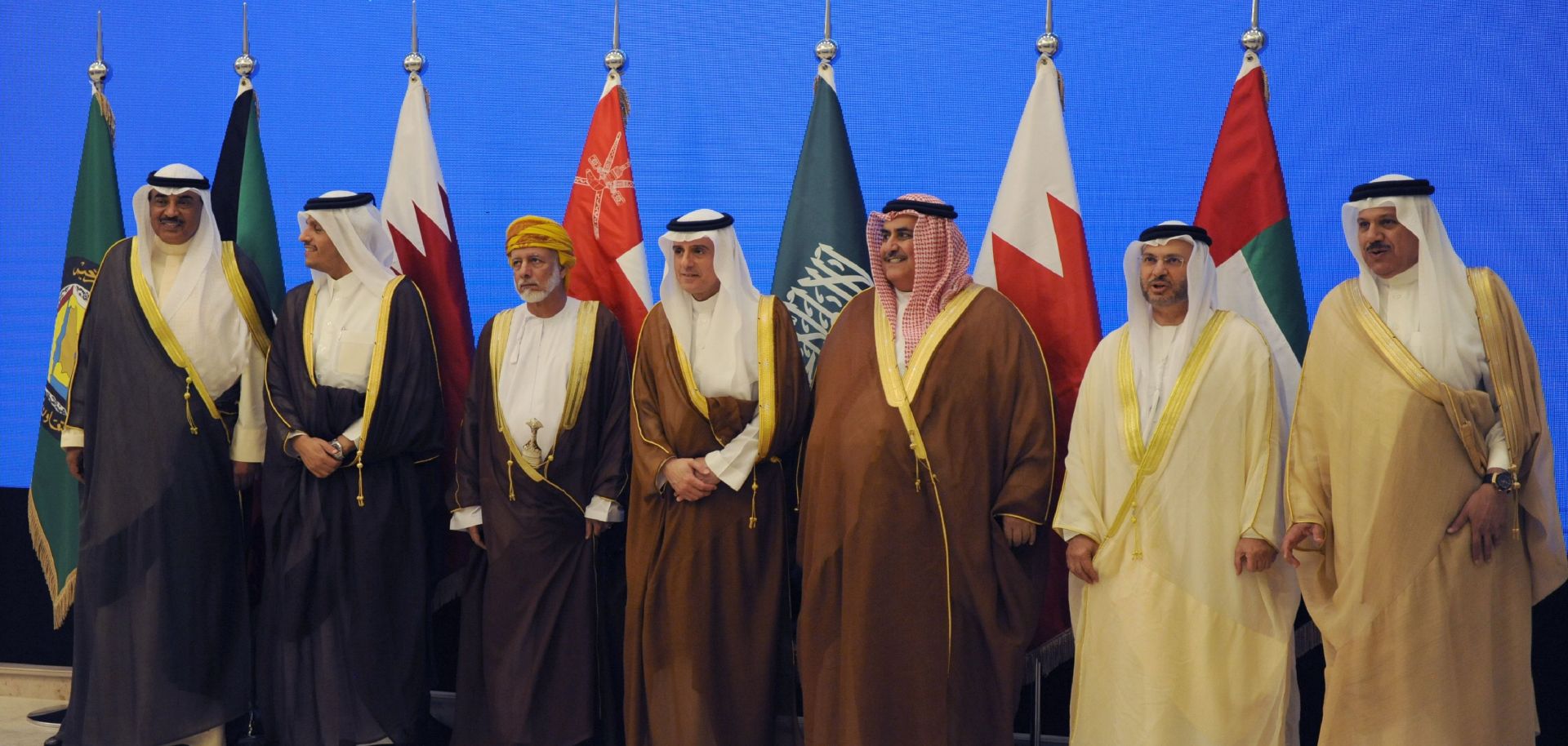In Middle Eastern diplomacy, things are not always what they seem. Western observers often judge the relationships among members of the Gulf Cooperation Council (GCC) through the lens of their own culture, taking at face value the bloc's statements of amicability, solidarity and unity of purpose within its ranks. GCC officials would have the rest of the world believe that its two leading members, Saudi Arabia and the United Arab Emirates, have a cozy working relationship. Indeed, Emirati President Sheikh Khalifa bin Zayed Al Nahyan rarely misses the opportunity to commend Saudi King Salman "for ensuring the best interests of the GCC and for backing Arab and Islamic issues." But the bond between the Gulf's most powerful military states may not be as strong as it appears....


